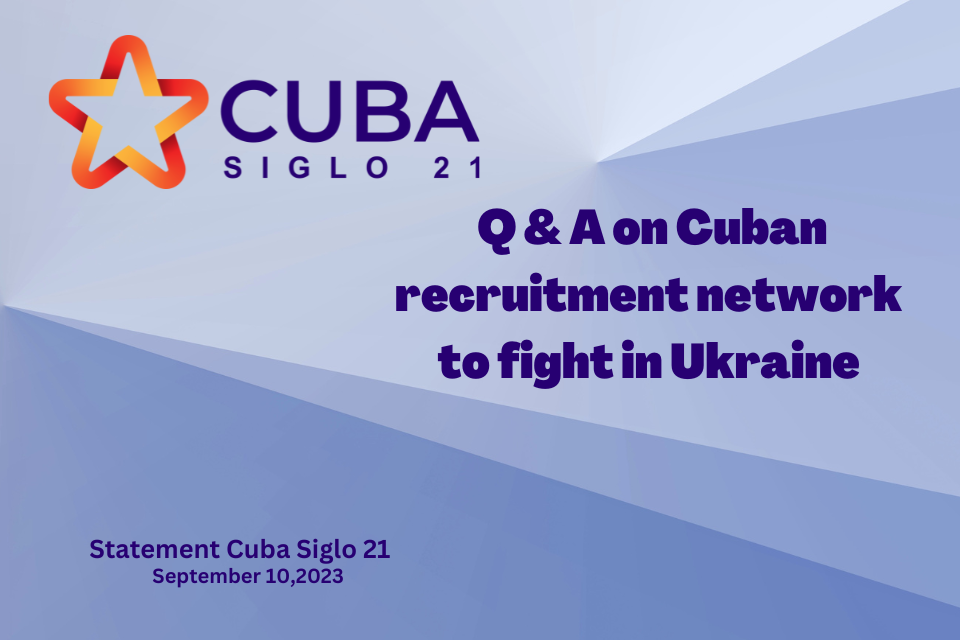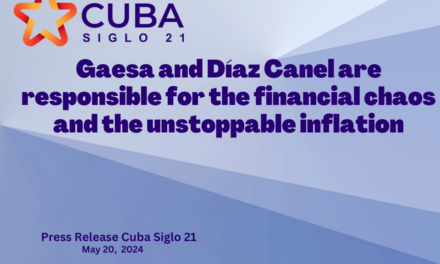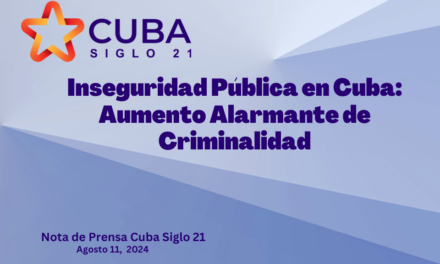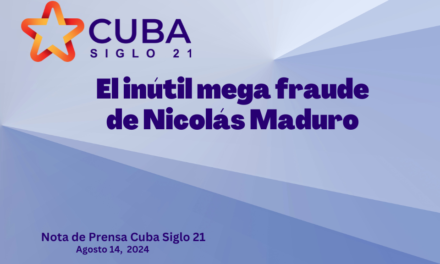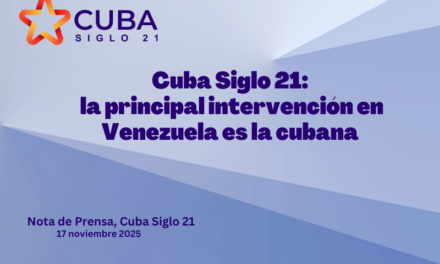The news about the existence of a supposedly private network recruiting Cubans to go fight in Ukraine raises certain basic questions. After consulting different sources, the analysts of Cuba Siglo 21 have reached conclusions that can be summarized around three questions.
1. Was it a truly private Russian network that recruited Cubans for the war or were the governments of Russia and Cuba involved?
All evidence points towards a collaborative and concerted effort between the governments of Russia and Cuba to organize a recruitment network of Cuban volunteers who would join Russian troops in Ukraine. In Russia, the State uses private agencies like Wagner for these types of activities, but Cuba has no history of doing so before. However, passing off this activity on the island as that of a foreign and private entity now allows the Cuban government to deny its official participation in the recruitment and sending of its nationals to Ukraine.
It is a fact that given the closed nature of Cuba’s totalitarian society, it is impossible to circumvent official citizen exit controls without being detected. On the other hand, the previous record of that government conspires against the credibility of Havana. Previously, for example, he has denied his participation in serious illicit acts – such as the cocaine trafficking scandal in the 1980s -, which he ignored when they were discovered and presented them as initiatives without consultation by a group of officers and officials.
2 -If the Cuban government has been involved, why is it now denouncing the network?
Several indications point to the possibility that both governments – although preparing to fight together in Ukraine – never had the intention of using the individuals of this specific network as Cuba’s main contribution to Russia’s military effort in Ukraine. The network was not making any serious attempt to recruit Cubans physically and mentally capable of joining a combat unit. The ages fluctuate between 69 and 19 years. Despite the supposed medical examination that was performed on them at a military base in Russia, some of those recruited have serious physical limitations. Most do not speak Russian nor have military experience. It is very unlikely that a person who only speaks Spanish and has no military training in modern warfare could be useful in Russian units.
Official Cuban statements claiming to have detected and dismantled this “private network” could now allow Havana to claim that any Cuban identified fighting in Ukraine was one of those who were previously privately recruited in Cuban territory or Russia, unbeknownst to the Cuban government, and that they traveled there before dismantling the network on the island. If that is the case, -as Cuba Siglo 21 analysts believe- Havana’s main purpose in having helped this private network and then distancing itself from it and denouncing it is to build a smokescreen, a straw man, as a mask for the subsequent sending of regular forces to Ukraine. And such an operation would have been carried out in perfect agreement with Putin.
Cuba has long experience fighting wars in foreign countries, but when it comes to high-intensity conflicts it has always done so as cohesive military units under Cuban commands who give orders in Spanish and use translators to communicate with local allied forces. They did so in the Sahara, the Golan Heights, Ethiopia, Vietnam and, to some extent, even Angola, although Portuguese similarities with Spanish made it easier to work together.
3 -Has Cuba been forced to ally itself with the Russians because President Biden has not economically encouraged rapprochement with the United States?
The European Union – not Russia – is the main trading partner, investor, debt creditor and provider of humanitarian aid to Cuba. The Europeans do not have sanctions against Cuba. However, Havana decided to get involved in the Russian aggression against Ukraine.
It is absurd to blame the United States for decisions and actions taken by Fidel Castro before and by Raúl Castro now, whether on the island or abroad. Nothing that President Biden would have done would have had any impact on Raúl Castro’s decision to maintain his geopolitical options within the framework of a small circuit of autocratic, totalitarian and/or terrorist states.
No matter what economic concessions may be made to them, Castro and his friends will never be attracted to the option of moving toward better relations with open, democratic, free-market societies based on the rule of law. They don’t trust them.
A recommendation
Cuban human rights activists have demanded the cancellation of the Political Dialogue and Cooperation Agreement between Cuba and the European Union, which has not served the purpose of moving towards an open society, but has delivered billions of euros to the Cuban government that has been used in internal repression.
Given the active Cuban participation in this genocidal war, the agreement should be definitively canceled, and these resources immediately redirected to countries on the borders of this conflict that since February 2022 have had to urgently assimilate millions of displaced Ukrainians and refugees. They themselves should now lead this claim in Brussels.

